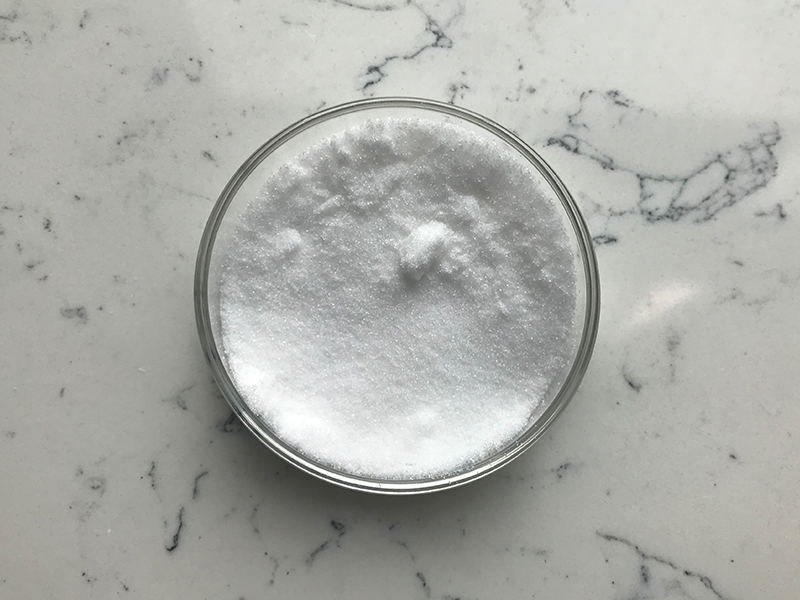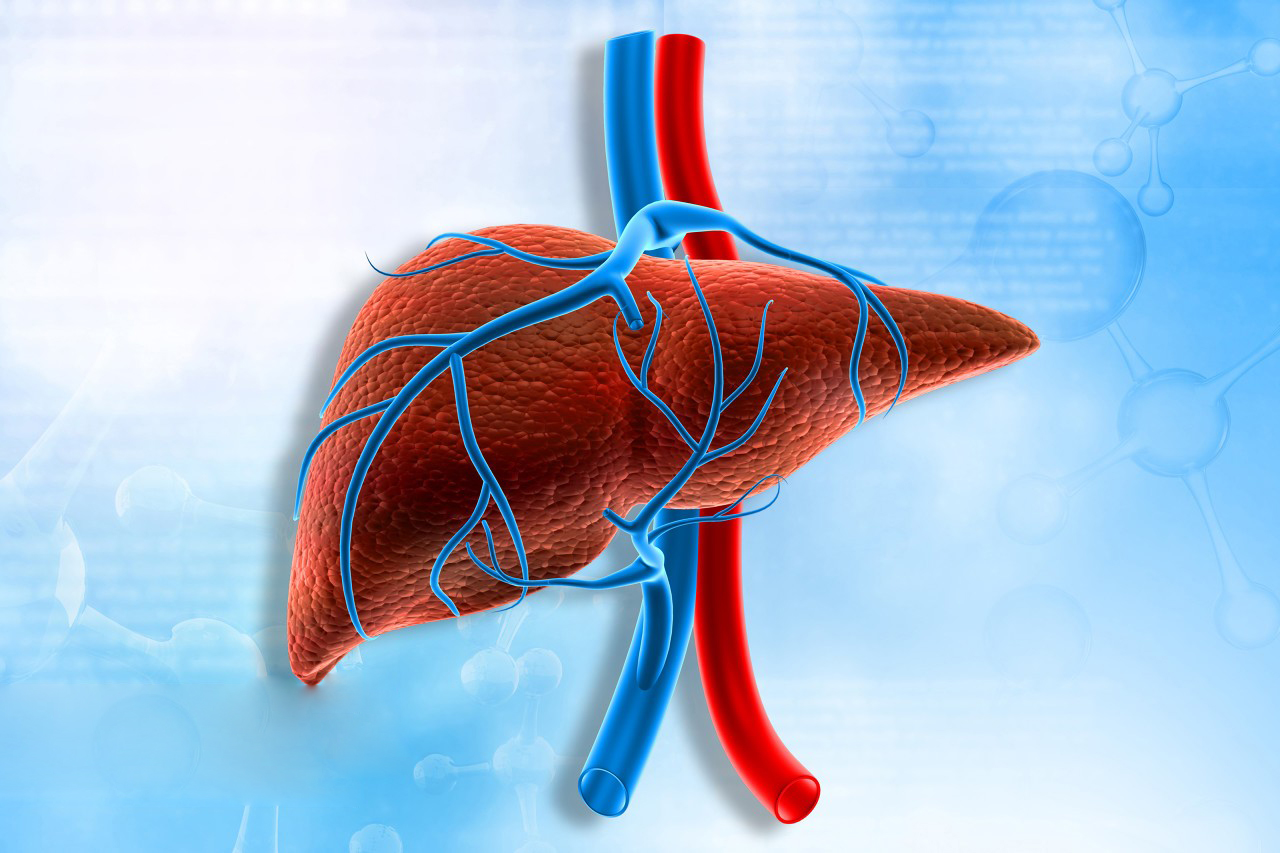Betaine is a naturally occurring compound found in various plant and animal foods, such as beets (hence the name), spinach, and seafood. It is a derivative of the amino acid glycine and is also known as trimethylglycine (TMG) because it contains three methyl groups attached to the glycine molecule.
Key Roles of Betaine:
1.Methyl Donor: Betaine plays a vital role in the body’s methylation processes, where it donates methyl groups to various chemical reactions. This helps in the production of certain molecules, like DNA, proteins, and neurotransmitters.
2.Homocysteine Reduction: Betaine assists in reducing high levels of homocysteine, an amino acid linked to cardiovascular diseases when elevated. It helps convert homocysteine to methionine, a safer amino acid, through a process called remethylation.
3.Digestive Health: Betaine is sometimes found in supplements as betaine hydrochloride (betaine HCl), which is used to increase stomach acid and improve digestion, especially for people with low stomach acid (hypochlorhydria).
4.Osmoprotectant: It helps cells maintain their hydration and structural integrity under stress conditions, such as dehydration or extreme salt concentrations.
Health Benefits of Betaine:
- Heart Health: By reducing homocysteine, betaine may help lower the risk of heart disease.
- Liver Health: It aids in protecting the liver from fatty buildup, which is beneficial in preventing conditions like non-alcoholic fatty liver disease (NAFLD).
- Muscle Performance: Some research suggests that betaine supplementation may improve muscle strength and power, making it popular in sports nutrition.

Sources of Betaine:
- Beets
- Spinach
- Quinoa
- Seafood (e.g., shrimp)
- Wheat bran
Betaine supplements are often marketed for their potential benefits in digestion, heart health, and athletic performance.
How to use Betaine?
Betaine is a versatile compound commonly used for its health benefits, especially in supplements, cosmetics, and food products. Here’s how you can use it depending on the context:
1. In Supplements:
- What it does: Betaine (also known as trimethylglycine or TMG) is primarily taken for heart health, liver function, and athletic performance. It helps reduce homocysteine levels, supports liver detoxification, and can improve muscle strength and endurance.
- How to take it: You can take betaine as a powder or in capsule form, typically ranging from 500 to 2500 mg per day. Follow the instructions on the supplement label or consult with a healthcare provider.
- Timing: Some athletes take betaine before workouts to enhance performance.
2. In Skin Care Products:
- What it does: Betaine is used in skincare products due to its hydrating and soothing properties. It helps maintain skin moisture balance, making it suitable for dry or sensitive skin.
- How to use it: Apply betaine-containing creams, lotions, or serums to clean skin. Follow the recommended usage on the product’s packaging. It’s usually safe to use both in the morning and evening.
- Skin Types: It works well for all skin types, especially sensitive or dry skin.
3. In Food Products:
- What it does: In food, betaine acts as an osmoregulatory agent, which helps balance fluid levels in cells. It’s found naturally in foods like beets, spinach, and seafood.
- How to consume: You can increase your intake of betaine by eating foods that contain it, such as beets, quinoa, and spinach, or by using food supplements that contain betaine.

4. For Liver Health (Betaine Anhydrous):
- What it does: Betaine is used for liver health, especially in those with non-alcoholic fatty liver disease (NAFLD) or other metabolic conditions. It assists in methylation, a critical biochemical process for detoxification and metabolism.
- How to take it: Betaine anhydrous is typically prescribed by a healthcare provider. Dosages may vary but generally range from 3-6 grams daily, divided into doses.
Precautions:
- If you are pregnant, breastfeeding, or have any underlying health conditions (especially kidney or liver issues), consult a healthcare provider before taking betaine supplements.
- Excessive intake may cause gastrointestinal issues, so adhere to recommended doses.
Would you like more details on any of these applications?
